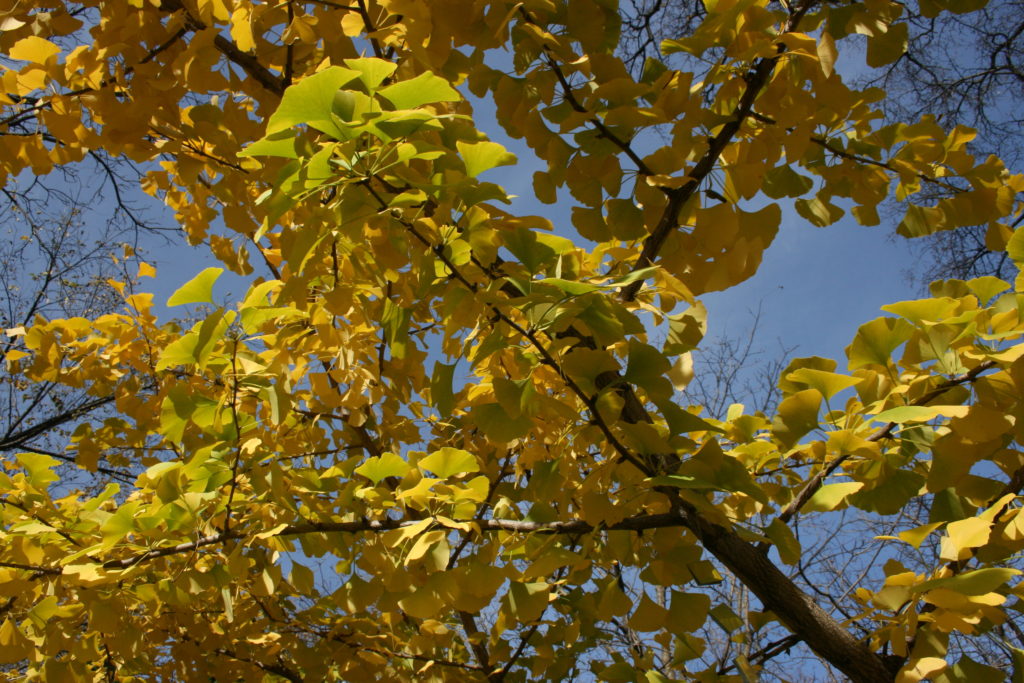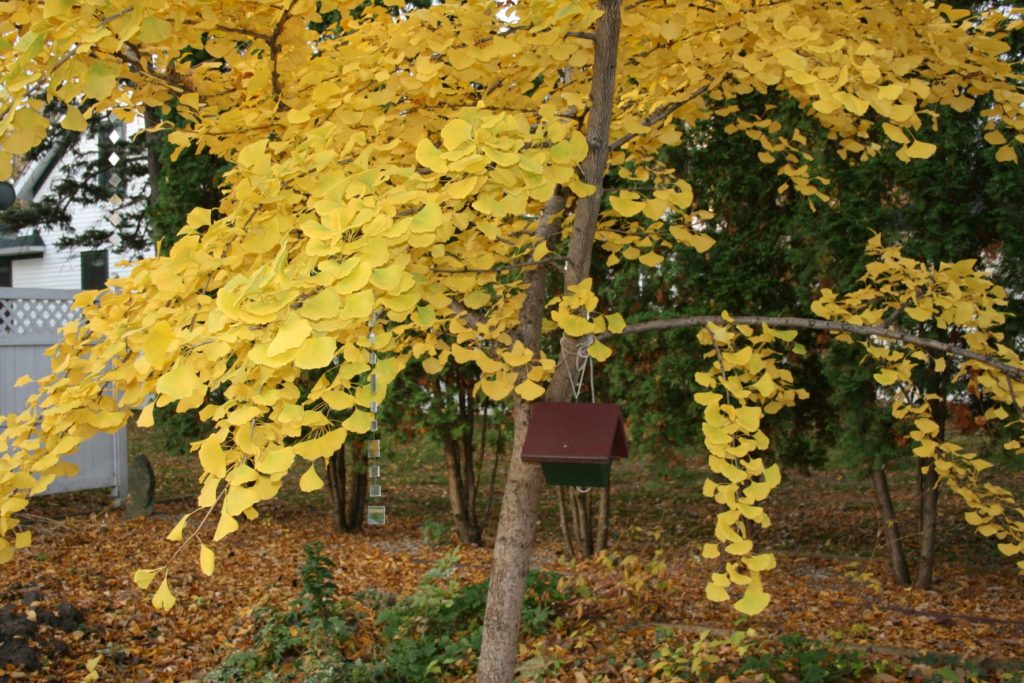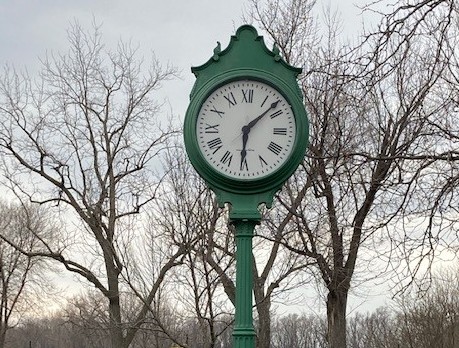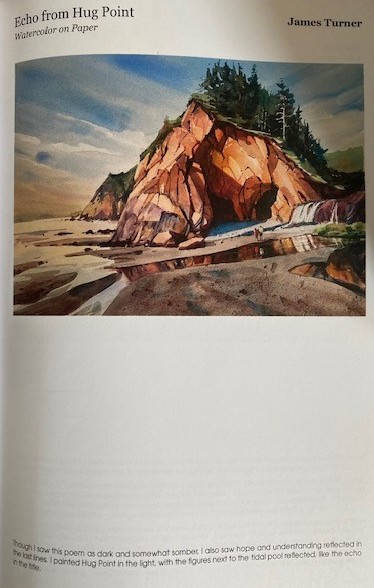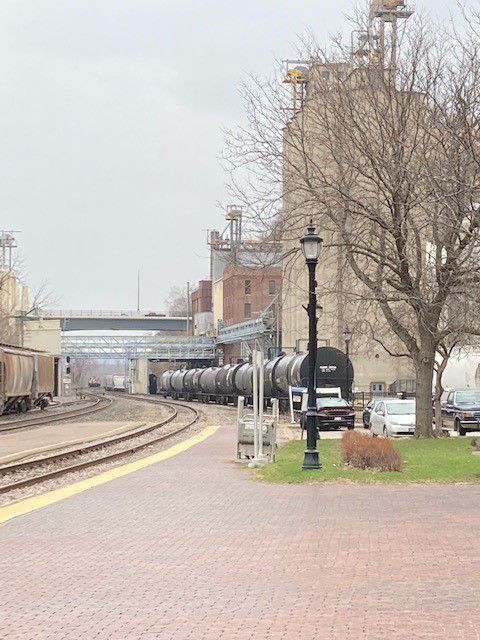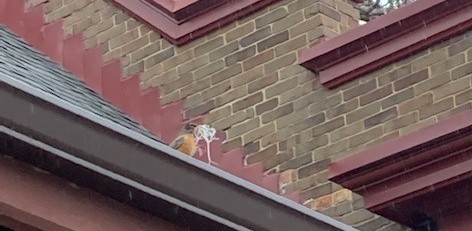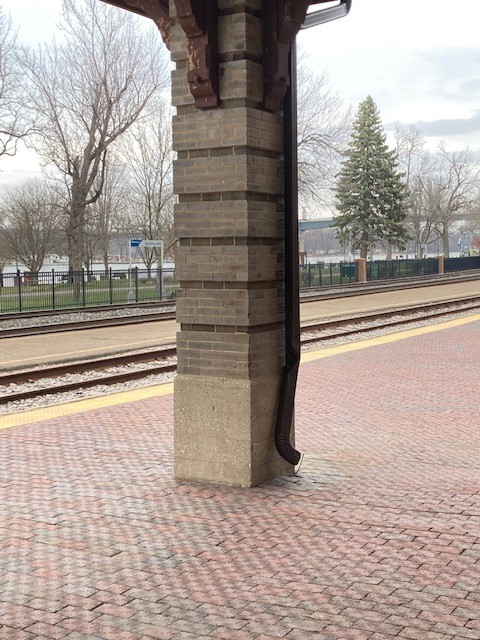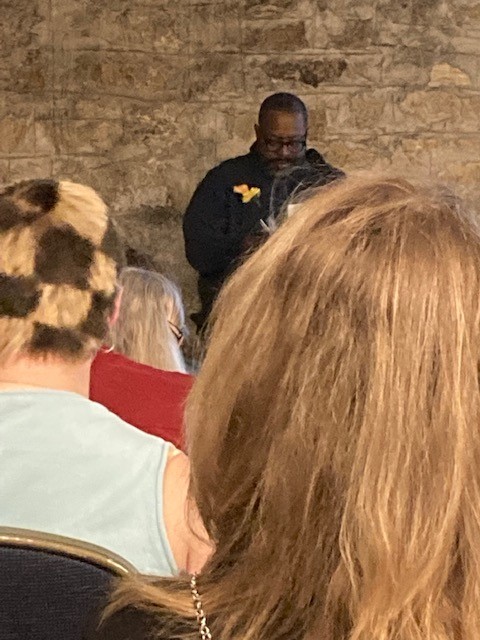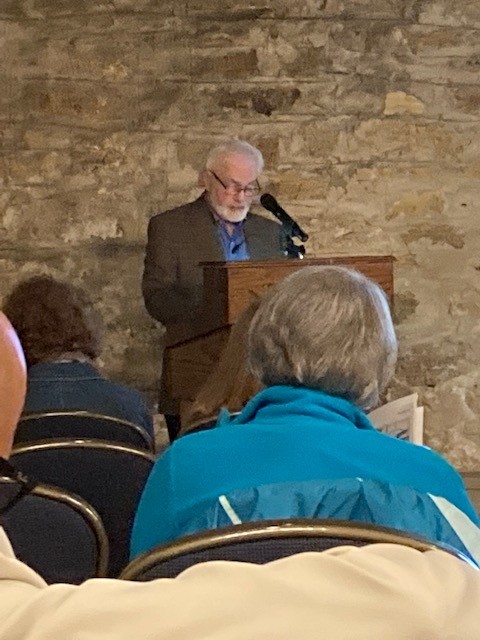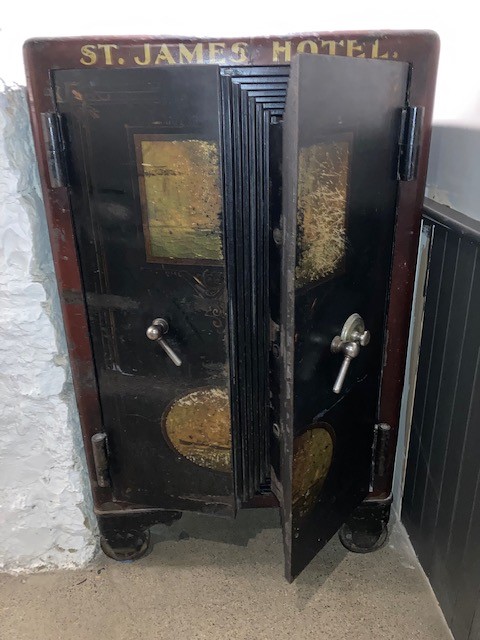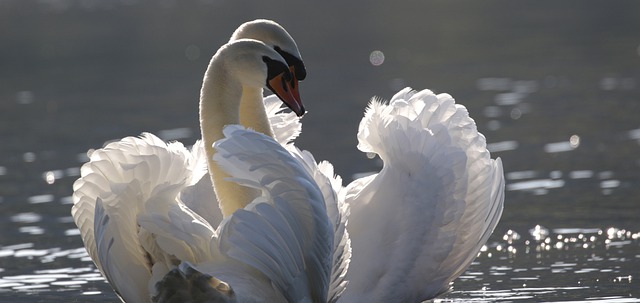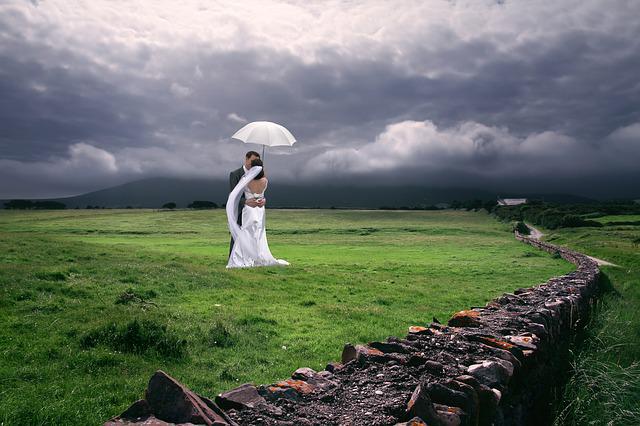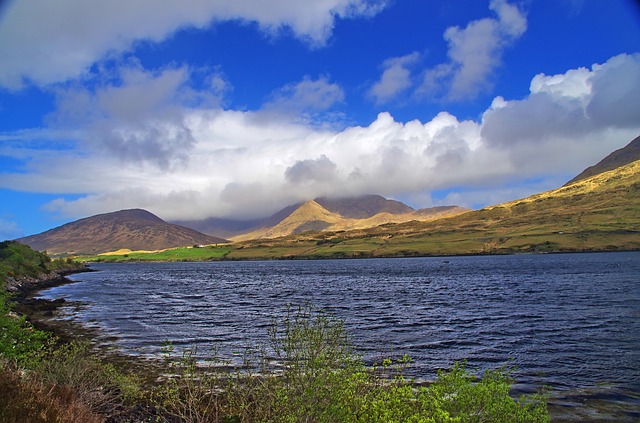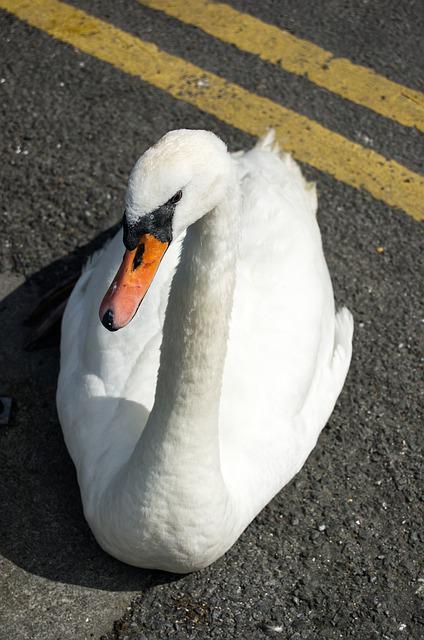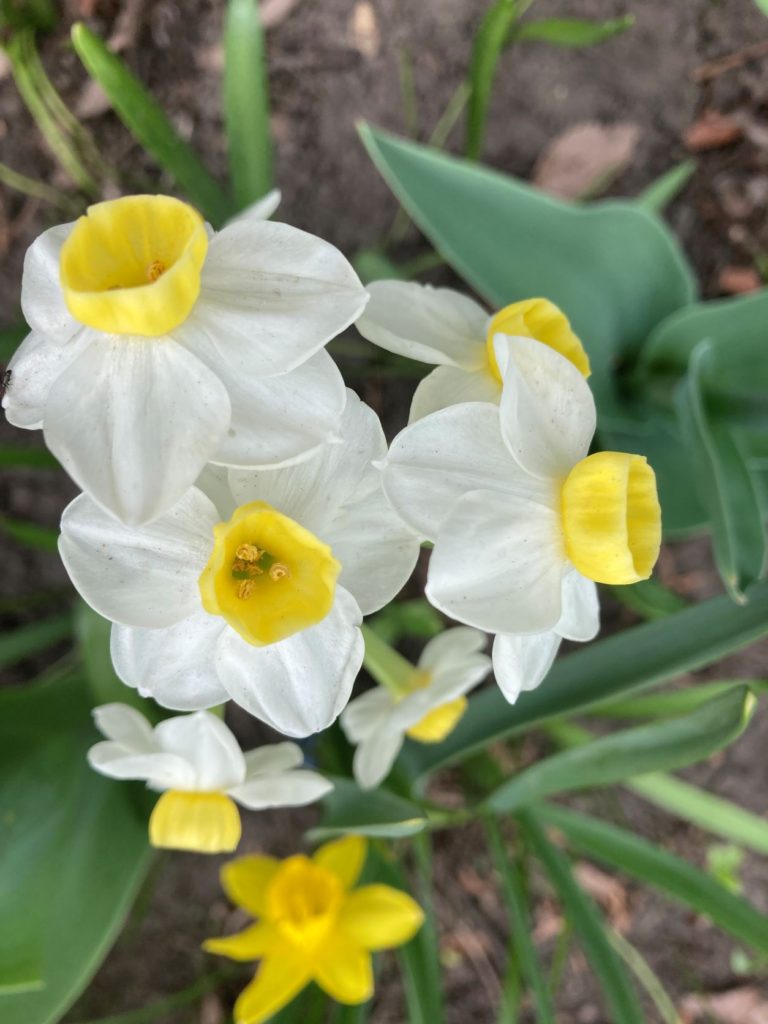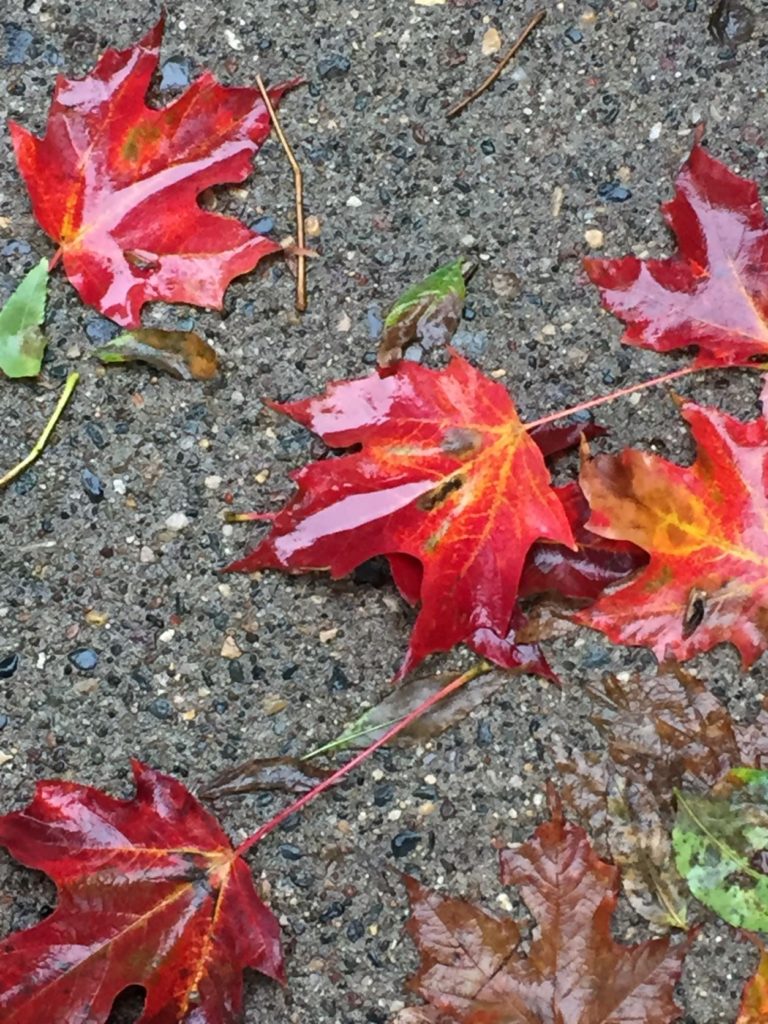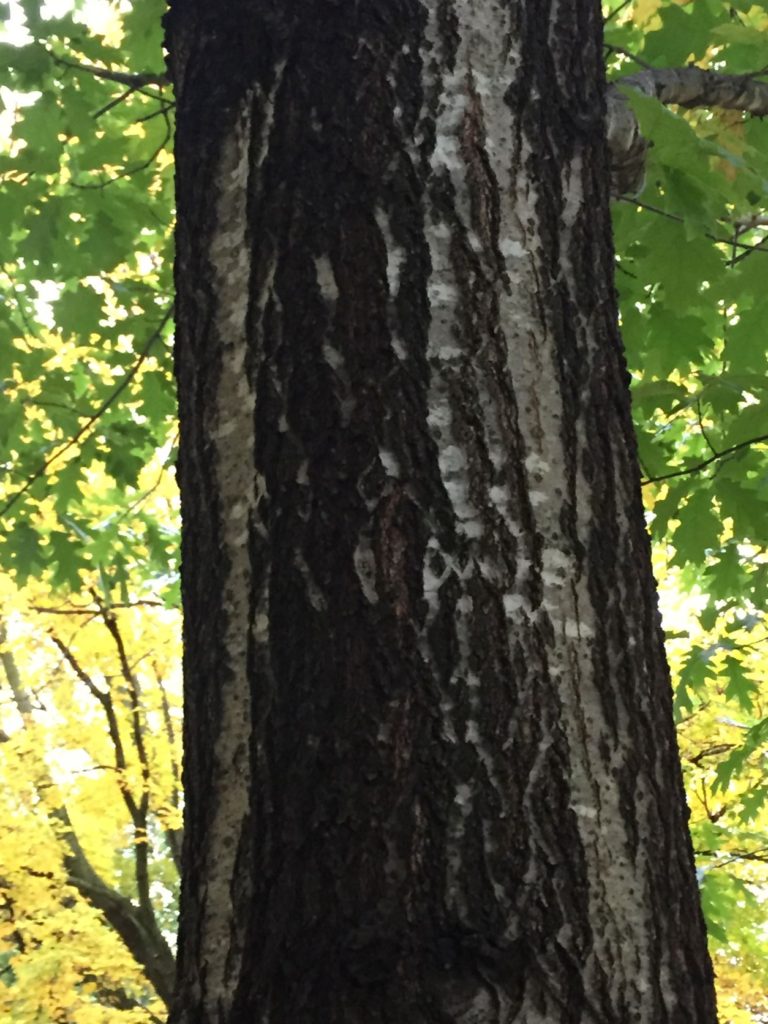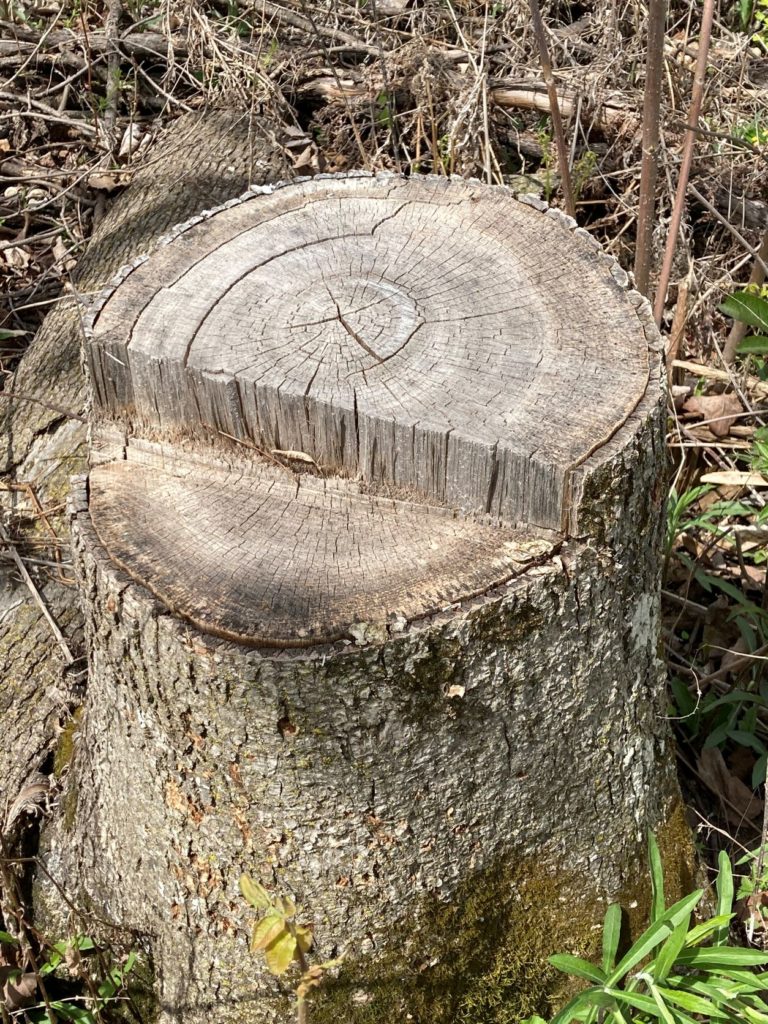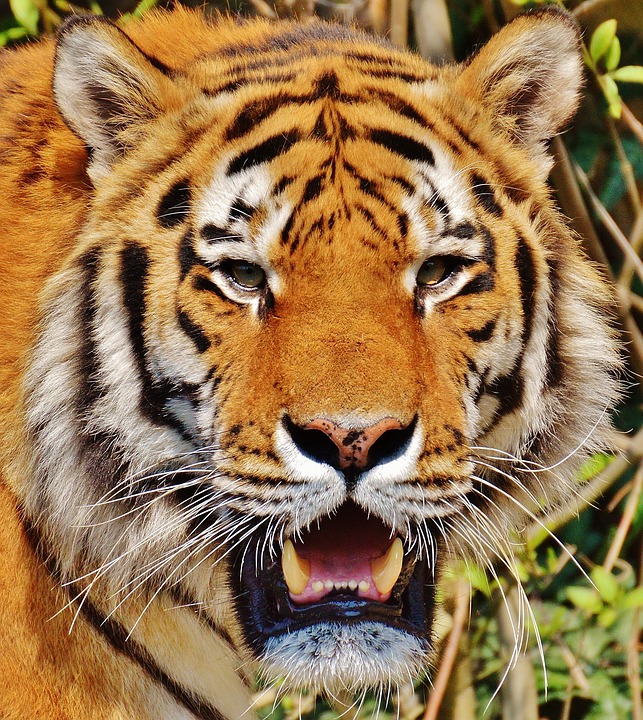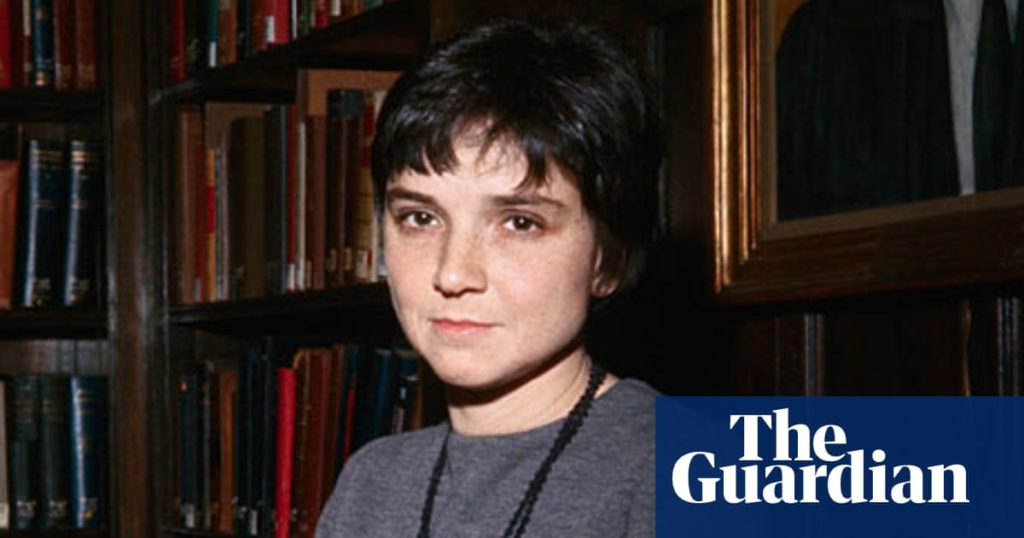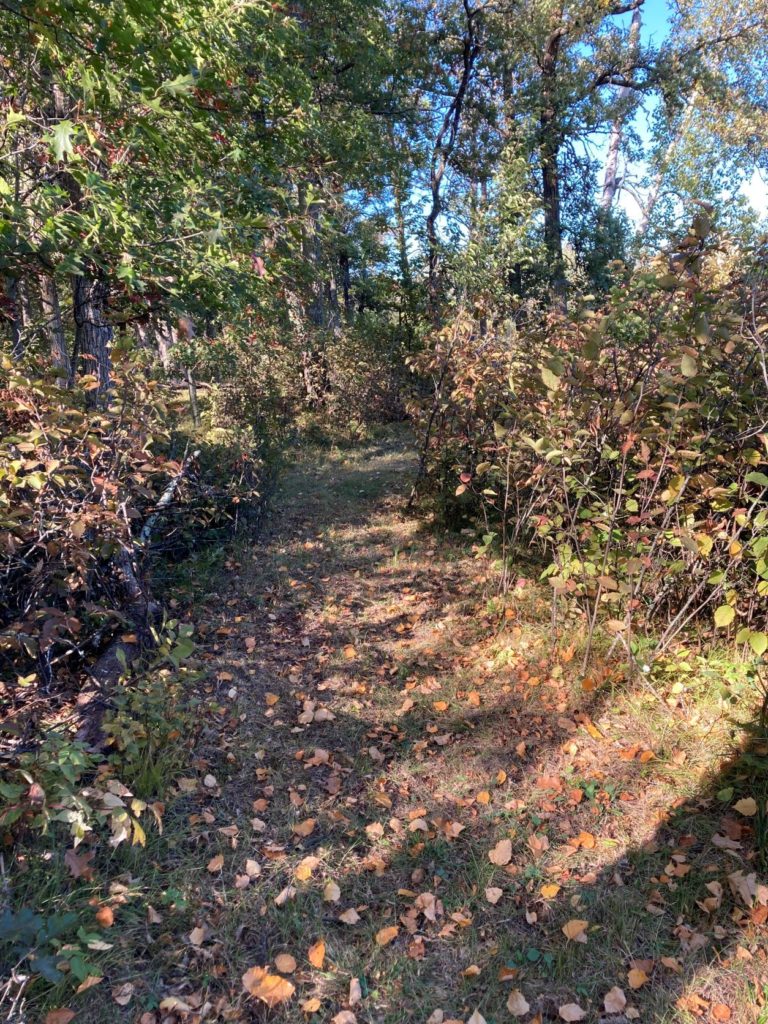
The Road Not Taken: A Journal of Formal Poetry has just published Volume 16, Issue 1. Publishing fine formal poetry since 2007, this journal is a font of adept and interesting poems. Issues are published online, and they offer interested readers an easily accessible archive, chronologically arranged.
I am so pleased that they have included a sonnet, “Wave of Departure,” inspired by the ginkgo tree Tim and I planted almost twenty-three years ago in honor of Julia’s birth. The images below are of this tree.
For all you formalist poets out there, this lovely journal puts out three issues a year. Submission Guidelines are clear and specific, and submission periods are as follows:
Fall Submission Period: August 15th – October 15th
Spring Submission Period: January 15th – March 15th
Summer Submission Period: April 1st- June 15th
I am sure you will enjoy looking at the current issue. Poems selected have been collected under the themes of “Safe Spaces,” “Satires,” and “Closures.”
Happy Reading! LESLIE
